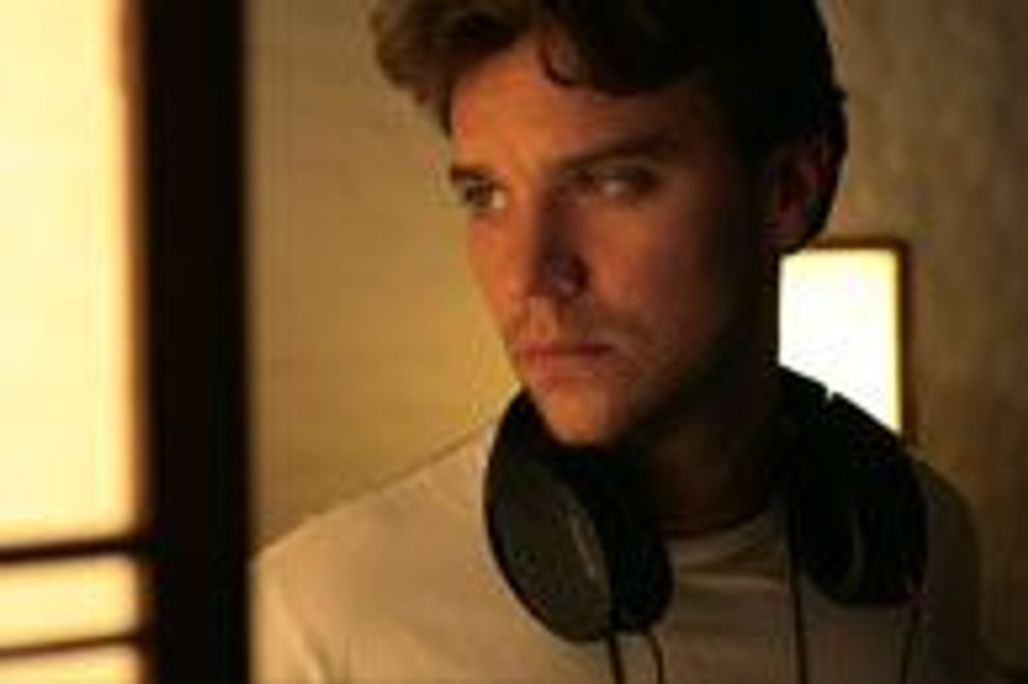The dividing line between a virtual universe and the real world can be fuzzy at times, to the point where, when a champion video game player is witness to a serious accident, he doesn’t give any assistance. When he likes a girl, he approaches her on Second life. This disoriented gamer, lost between two spheres, is Jitze, the main character of R U There, the latest feature film by the Dutch director David Verbeek, screened in Un Certain Regard at 14:15 and at 22:00 in Salle Debussy.
Jitze travels the world taking part in video game competitions. The director decided to bring his main character of his fifth film to Taipei, which he considers a strategic choice: “The best context to place him in, that could throw him and leave him unsettled, would be a place where everything is completely different, with a language and culture that are completely foreign to him. That’s why I decided to go very far to do the shoot in an exotic place and that’s why I chose Taipei.”
This is not the first time that David Verbeek has explored the question of communication in contemporary society. In Alt.suicideholiday.net (2005), he portrays three young people who, after spending months chatting on the Internet, get together to celebrate the New Year. In R U There, the opposite happens: it is not Jitze who makes an appointment with reality; it is reality that comes barrelling at him headlong.
The film is neither a defence nor a critique of Second Life and other virtual technologies. R U There distances itself from these recent social phenomena and shows the interactions that can take place between fiction and reality, or even the complementarity that can bind them together. Jitze has no touchstones when he is in society. Once he is online, or has his joystick in his hand, he becomes master of the game. His whole problem lies in finding the right balance between two worlds with different rules and different stakes.
TK

